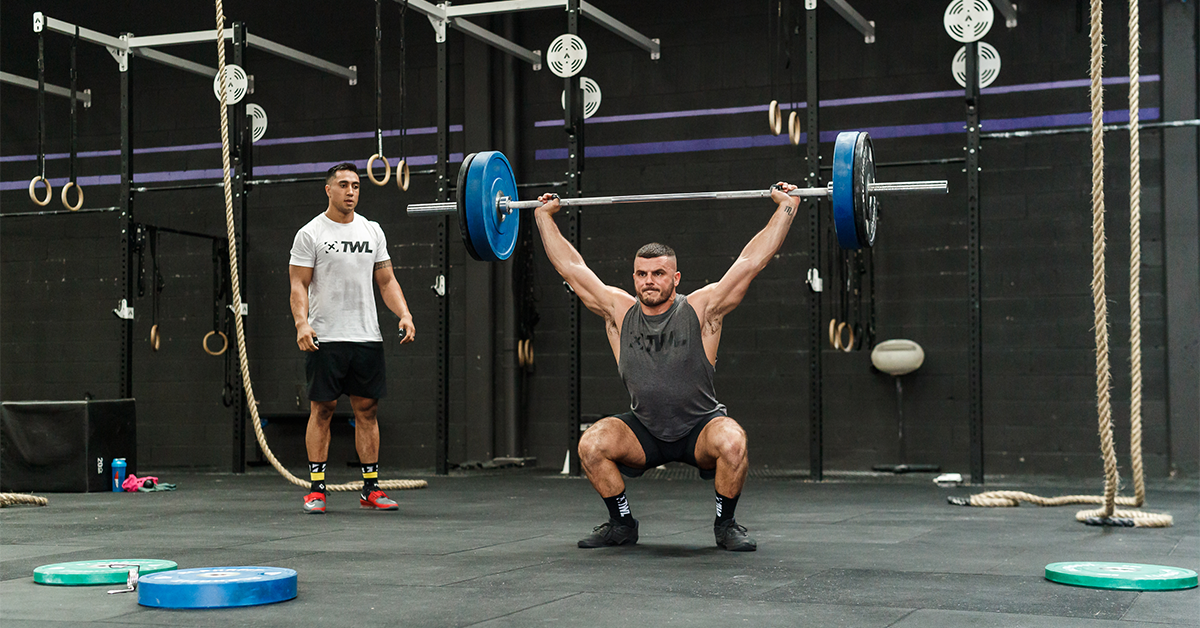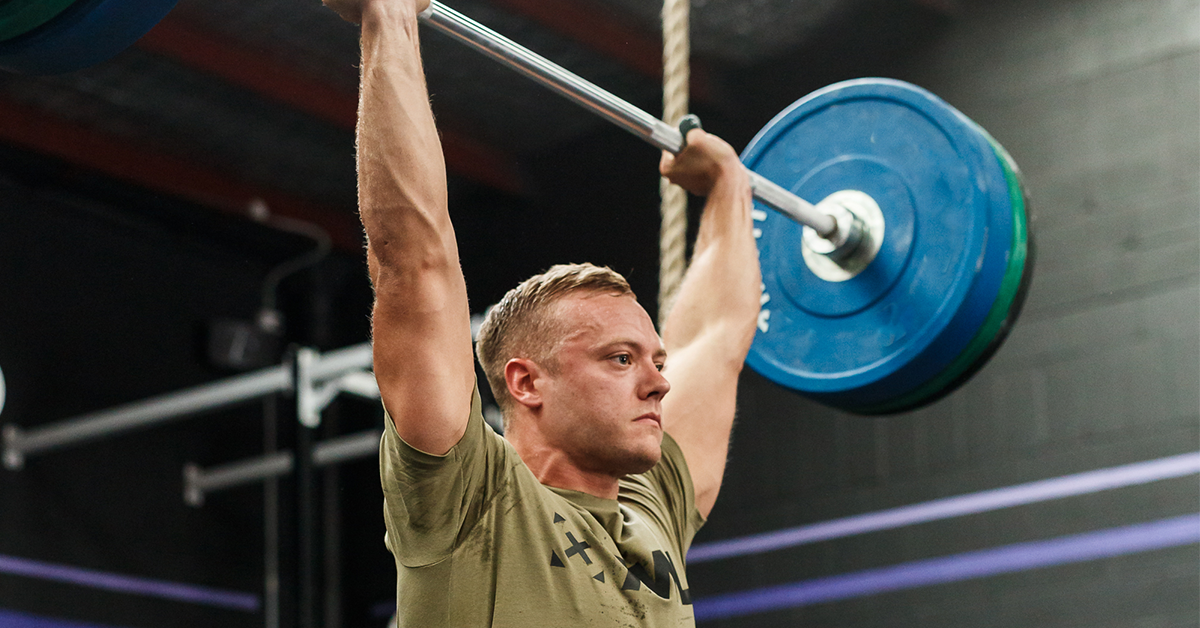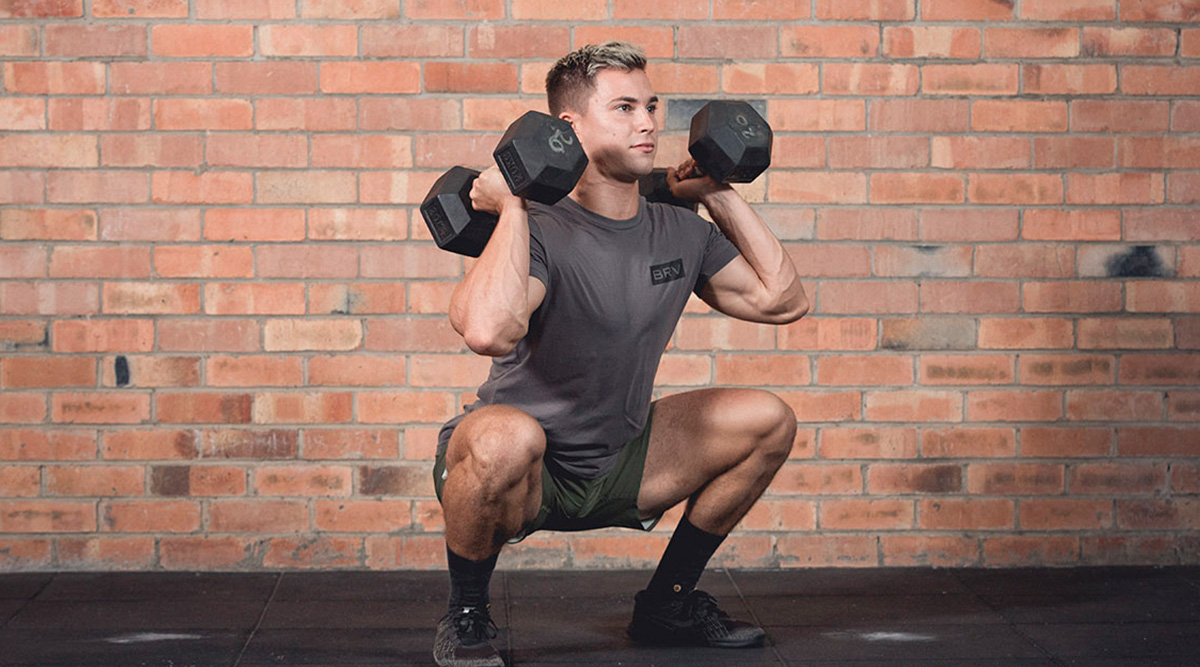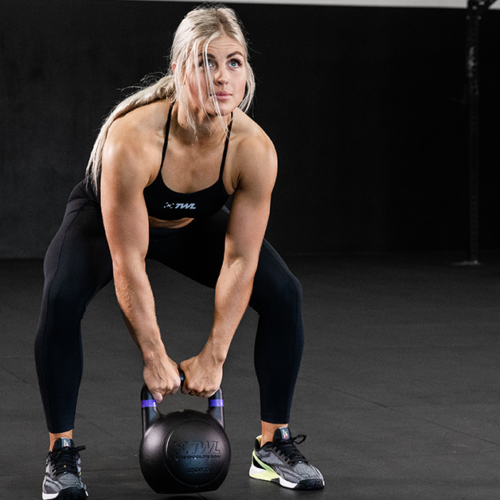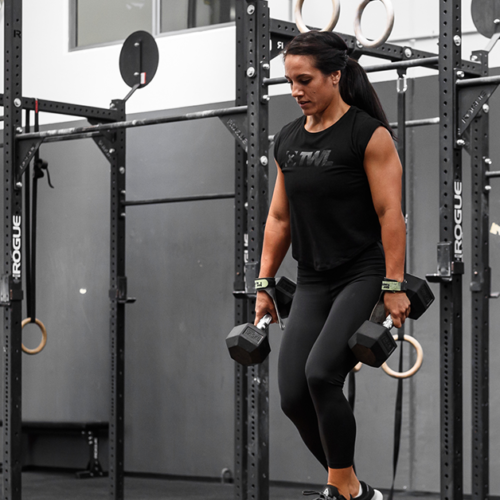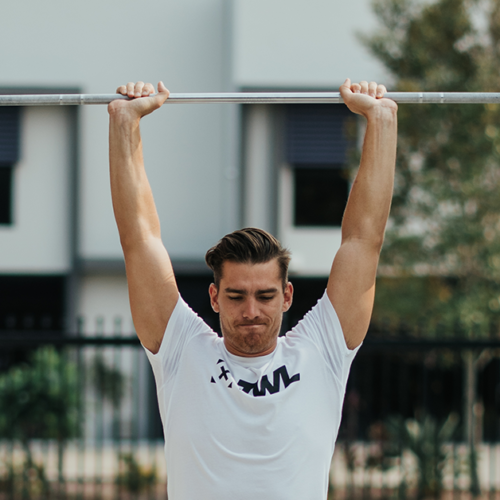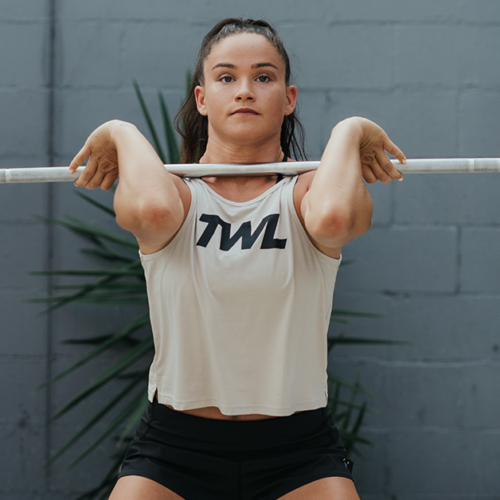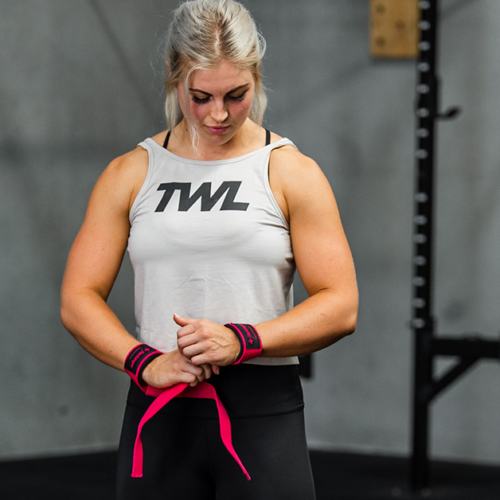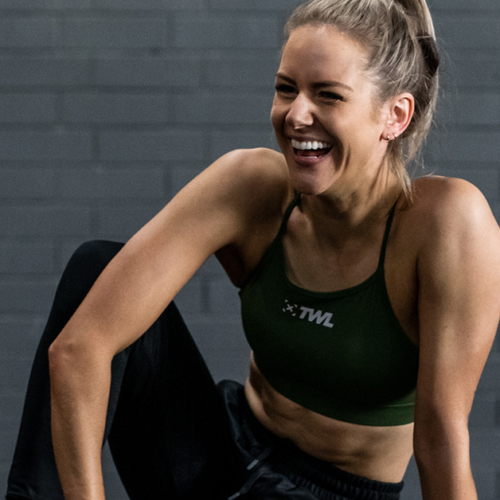There are some days when you feel lucky to make it to the gym at all. But if you have a little more control over your schedule, you might be thinking: When’s the best time to work out each day? Should you knock it out first thing in the morning? Save it for after work? Or does it even matter?
Let’s get into the details.
Shop Now
When’s the Best Time to Work Out? Here’s What Science Says
We want to preface this with an important note: Just move your body. If you ultimately don’t have a ton of control over when you work out, don’t stress. Just do it. We’re all doing the best we can!
Now, that being said…
Morning Workouts Pack a Special Punch
Anthony Hackney, a professor with the University of North Carolina Chapel Hill’s department of exercise and sport science, tells Time that because of your body’s hormonal composition in the morning, it’s set up for success for burning stored fat specifically. In particular, your cortisol and growth hormone levels are higher, and both are involved in metabolism.
In addition, because fitness can reduce stress and improve mental health, working out in the morning can set you up for a happier and more productive day. Adrenaline decreases and endorphins can get a nice boost. Morning fitness can even improve your blood pressure.
Furthermore, morning workouts might help you sleep better. Because exercise (and daylight, if you’re training outdoors) impact circadian signals, they help your body regulate the release of melatonin. This is the hormone that tells your body it’s time for sleep. If you train earlier in the morning, you might experience earlier melatonin releases at night, which means you’ll have an easier time falling asleep. Sure enough, research has found that people who train earlier in the morning report deeper sleep.
And, let’s be honest: There’s something so satisfying about knocking your workout out first thing in the morning.
So, is the morning the best time of day to work out? Not so fast.
Afternoon Workouts Are Great If…
… you want to do a higher-intensity workout.
Think about it: By this point, you’ve probably got some food in your body, which means your blood sugar levels are higher. So, if you wanted to do something more intense — like anything involving strength training — this is an excellent time to do it. Your body’s levels of cortisol and testosterone are in a better place for higher-intensity training, and your slightly elevated body temperature could make for increased strength.
Plus, working out more toward the afternoon could help you avoid that slump many of us experience around the end of the day. And don’t think that you have to be doing heavy lifting. A quick walk, a few laps in the pool, or a jog around the block can still give you a refreshing burst of energy. It’s really just about incorporating that extra movement.
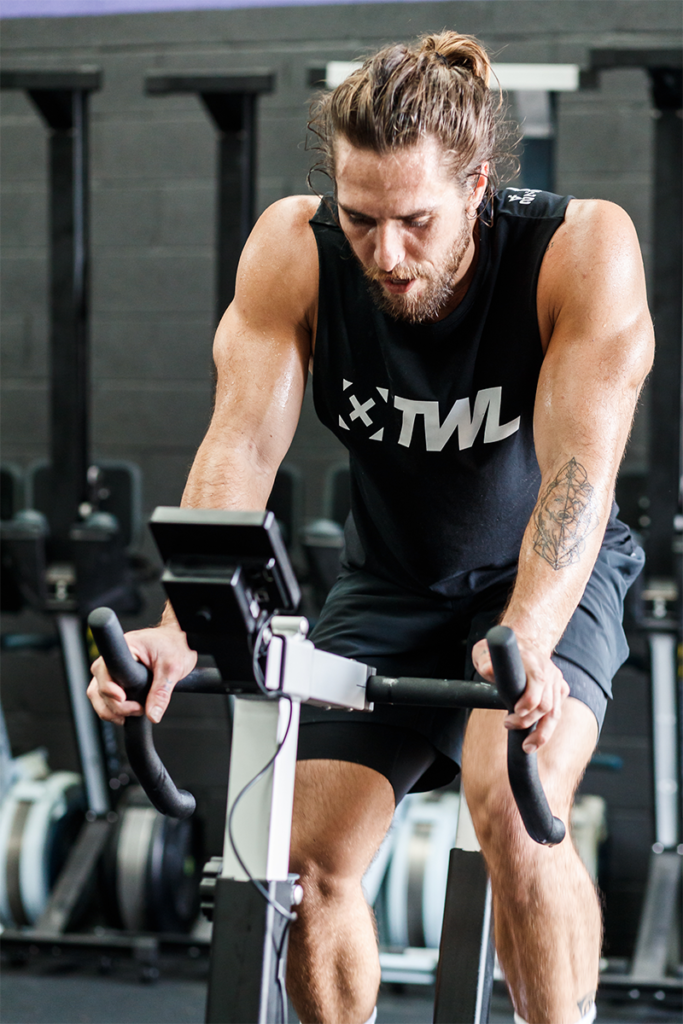
Okay, But You Should Never Work Out at Night, Right?
Not necessarily.
For many of us, training after work is the most convenient. However, some people caution you against this, because it’ll supposedly throw off your body clock and make it harder to sleep.
Now, let’s be clear: If you do a 20-minute chipper and then try to go straight to bed, will you have trouble falling asleep? Quite possibly. However, if you still go through your normal nightly routine — shower, time to unwind, tea, reading, etc. — working out later in the evening or at night will not mess with your sleep. Science agrees.
So, that’s the key, here: Yes, you can absolutely work out in the evening or at night and still enjoy all the mental and physical benefits. Just give yourself enough time to unplug in between your WOD and your bedtime.
Importantly, keep in mind that if you like to work out to blow off some steam, then evening/nighttime workouts might feel best for you! If this is how you settle down after a stressful day at work, then it might be a better fit for you compared to someone else with a different lifestyle — and that’s perfectly fine.
What’s the Verdict? When’s the Best Time to Work Out?
Science has spent quite a bit of time exploring when’s the best time to work out, but we still haven’t ultimately answered the question. So, what is the best time of day to work out?
The (maybe slightly unsatisfying) answer? It depends. You’re going to base this off a few things, including:
- When you enjoy working out most.
- What’s most convenient with your schedule.
- What your goals are.
- What type of training you’re doing.
More than anything, remember what we said earlier: What matters more than anything is that you just make time for fitness — whenever that might be. A lot of us won’t have the luxury of perfectly timing out our workouts, and that’s quite alright. And even if you’re not consistent, even if you work out in the morning on Monday and at night on Tuesday, rest assured you’re still doing your body good.
You now have an idea of what each time of day offers. Use this to help guide you in determining when it might be best for you to work out. Otherwise, simply get your body moving when you can, and you’re already on the right track. You got this!
Psst! If you enjoyed this blog, you might like reading about the supposed nutrition window.

